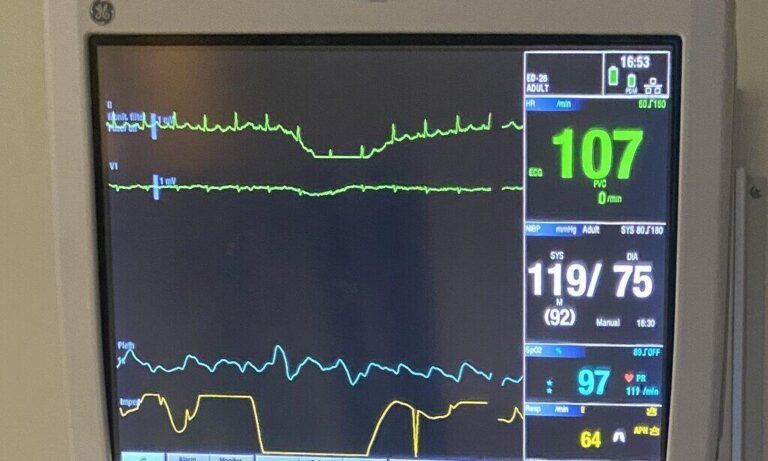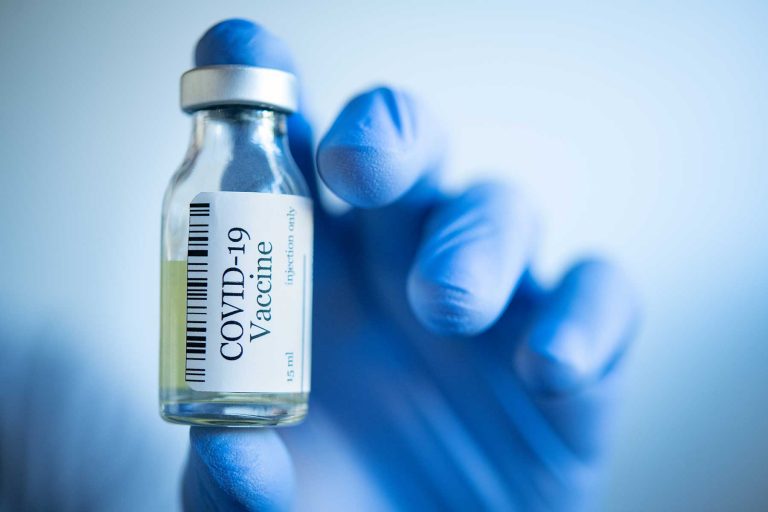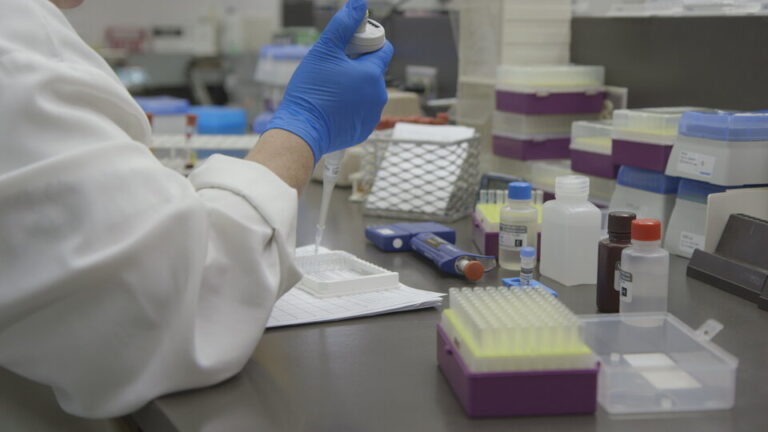
Heart Attack Study Gives a New Reason to Hate Mondays
Recently, researchers presented a study on heart attacks at the British Cardiovascular Society conference. In

The vaccines are 95% effective in the prevention of COVID-19 in those without prior infection.
Vaccines are free to everyone 12 and older. Privacy protected under HIPPA Laws.

Every vaccinated individual is given proof they are protected against COVID-19
Fully vaccinated people are free to return to pre-pandemic activities

Everyone 12 and over is encouraged to be vaccinated with either of the two-dose brands, Moderna or Pfizer-BioNTech, or the single-dose Johnson & Johnson. The first injection of the two-dose vaccines offers recipients partial immunity 21-30 later people receive their second injection.
14 days after the final dose a person is considered fully vaccinated. The vaccines are 95% effective against the SARS-CoV-2, which causes COVID-19 and its highly contagious variant — Delta.
A person needs to be tested if they come in contact with someone who tested positive for COVID-19 or suspects they have been around others who might be positive.
Always have a test if you exhibit coronavirus symptoms: fever or chills; cough; shortness of breath or difficulty breathing; fatigue; muscle or body aches; headache; new loss of taste or smell; sore throat; congestion or runny nose; nausea or vomiting; and diarrhea. See More…

When a person is vaccinated against COVID-19 they are protected from the virus and the Delta variant. The vaccine is 95% effective. Fully vaccinated people have developed immunity and will not infect others, they help protect children under 12 from getting sick with COVID-19. They also gain peace of mind and freedom to return to pre-pandemic activities. Vaccinations are safe and effective.
Recipients:
COVID-19 vaccination will help protect people from getting COVID-19. People may have some side effects, which are normal signs that the body is building protection.
On the arm where the shot was given:
Throughout the rest of the body:
States made the vaccine available to all adults 18 years and older on May 1, 2021.
Probably not. Different vaccine providers enrolled with the Illinois Department of Public Health get different vaccines, depending on their needs and storage capacity. At the time an appointment is made the provider will advise patients which vaccine will be available.
In most circumstances, fully vaccinated people do not have to wear a mask. They can resume activities without wearing a mask or staying 6 feet apart, except where required by federal, state, local, tribal, or territorial laws, rules, and regulations, including local business and workplace guidance.
FACT: The COVID-19 vaccine will not affect fertility. The truth is that the COVID-19 vaccine encourages the body to create copies of the spike protein found on the coronavirus’s surface. This “teaches” the body’s immune system to fight the virus that has that specific spike protein on it.
FACT: People who have gotten sick with COVID-19 may still benefit from getting vaccinated. Due to the severe health risks associated with COVID-19 and the fact that re-infection with COVID-19 is possible, people may be advised to get a COVID-19 vaccine even if they have been sick with COVID-19 before.
FACT: Studies found that the two initial vaccines are both about 95% effective — and reported no serious or life-threatening side effects. There are many reasons why the COVID-19 vaccines could be developed so quickly. Here are just a few:
FACT: The COVID-19 vaccine will not affect fertility. The truth is that the COVID-19 vaccine encourages the body to create copies of the spike protein found on the coronavirus’s surface. This “teaches” the body’s immune system to fight the virus that has that specific spike protein on it.
FACT: The vaccine for COVID-19 cannot and will not give people COVID-19. The two authorized mRNA vaccines instruct the body’s cells to reproduce a protein that is part of the SARS-CoV-2 coronavirus, which helps the body recognize and fight the virus if it comes along. The COVID-19 vaccine does not contain the SARS-Co-2 virus, so people cannot get COVID-19 from the vaccine. The protein that helps the body’s immune system recognize and fight the virus does not cause infection of any sort.
FACTS:
FACT: The COVID-19 vaccines are designed to help the body’s immune system fight the coronavirus. The messenger RNA from two of the first types of COVID-19 vaccines does enter cells, but not the nucleus of the cells where DNA resides. The mRNA does its job to cause the cell to make protein to stimulate the immune system, and then it quickly breaks down — without affecting the DNA.
FACT: The mRNA technology behind the new coronavirus vaccines has been in development for almost two decades. Vaccine makers created the technology to help them respond quickly to a new pandemic illness, such as COVID-19.
FACT: The first two COVID-19 vaccines to be authorized by the FDA contain mRNA and other, normal vaccine ingredients, such as fats (which protect the mRNA), salts, as well as a small amount of sugar. These COVID-19 vaccines were not developed using fetal tissue, and they do not contain any material, such as implants, microchips or tracking devices.

Recently, researchers presented a study on heart attacks at the British Cardiovascular Society conference. In

Racial Disparities and Food Allergies For years, if not centuries, racial disparities have affected Black,

Over the past few years, there have been a couple of respiratory viruses wreaking havoc
Copyright @ 2021. All Rights Reserved.